What is Cystic Acne?
Cystic acne is a particularly challenging type of acne that is not only uncomfortable but also poses a high risk of scarring if left untreated. It includes deep, inflamed lesions such as nodules and cysts. Unlike more superficial forms of acne like blackheads and whiteheads, these lesions are embedded deep in the skin, making them painful and slow to heal.
Why Over-the-Counter Products Are Not Enough
Many skincare products available over the counter, such as salicylic acid or benzoyl peroxide, can help manage mild acne but are rarely sufficient for cystic acne. This type of acne requires medical intervention from a dermatologist, as prescription treatments are often necessary to prevent scarring and manage inflammation effectively.
What Causes Cystic Acne?
Several factors contribute to the development of cystic acne, including:
- Genetics: Your inherited traits can make you more prone to this condition.
- Hormones: Hormonal changes during pregnancy, menopause, or conditions like polycystic ovarian syndrome (PCOS) can exacerbate oil production, leading to acne.
- Stress: Stress can worsen existing acne by triggering hormonal and inflammatory responses in the body.
- Inflammation: Inflammation caused by dry skin, harsh skincare products, or picking at the skin can exacerbate acne.
- Bacterial Activity: The proliferation of Cutibacterium acnes (formerly Propionibacterium acnes), a bacteria naturally present on the skin, can lead to increased inflammation.
- Abnormal Skin Cell Turnover: Cells lining the pores may not shed properly, causing blockages that result in cysts and nodules.
Why You Shouldn’t Pick or Squeeze
One of the biggest mistakes people make with cystic acne is trying to pop or squeeze lesions. This can worsen inflammation, increase the risk of scarring, and prolong healing time.
Treatment Options for Cystic Acne
Cystic acne requires personalized treatment plans from dermatologists, which may include:
- Corticosteroid Injections: These can reduce inflammation and shrink cysts quickly, but improper use may cause skin discoloration or depressions.
- Oral Antibiotics: Medications like doxycycline or minocycline are prescribed to reduce bacteria and inflammation, but they are typically used only for short durations.
- Topical Retinoids: Prescription-strength retinoids such as tretinoin can help prevent future breakouts by promoting normal skin cell turnover.
- Hormonal Therapy:
- Oral Birth Control Pills: Regulate hormones that influence oil production.
- Spironolactone: An effective medication for women to address hormonal acne, though it must be avoided during pregnancy.
- Isotretinoin (Accutane): A powerful oral retinoid that can control severe acne long-term, though it requires careful monitoring due to potential side effects.
- Light Therapy:
- Blue Light: Reduces acne-causing bacteria.
- Red Light: Decreases inflammation.
These therapies are especially helpful during pregnancy when many acne medications are contraindicated.
The Importance of Early Intervention
Seeing a dermatologist is crucial to managing cystic acne effectively. Not only does professional care prevent scarring, but it also helps rule out conditions that may mimic acne, such as skin cancer. If you have a lesion that won’t heal, it’s vital to get it checked.
Final Thoughts
Cystic acne is a painful and persistent condition that can have a significant impact on self-esteem. While over-the-counter products may provide some relief for milder forms of acne, cystic acne requires specialized treatments. Dermatologists have the expertise to create a treatment plan tailored to your specific needs, helping to prevent scarring and restore your skin’s health.
Remember, prevention is key when it comes to acne scarring. Avoid picking at lesions, and seek professional help as soon as possible. Share this information with friends who might find it useful, and as always, don’t forget sunscreen—it’s an essential part of any skincare routine!

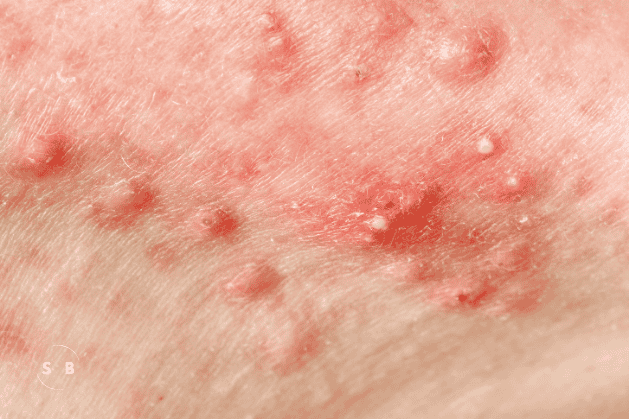


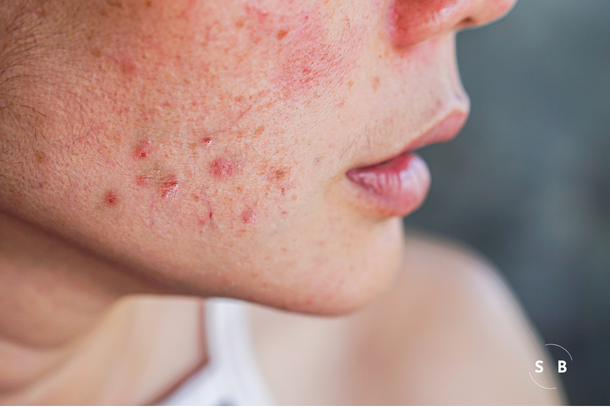
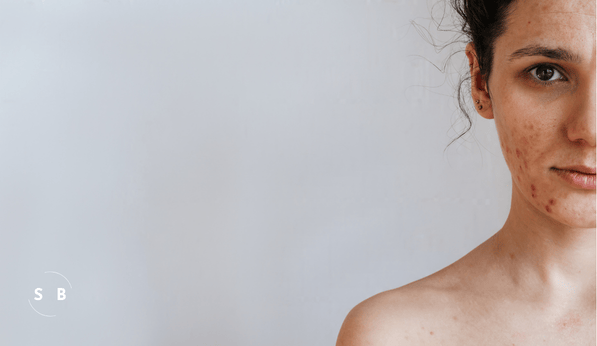
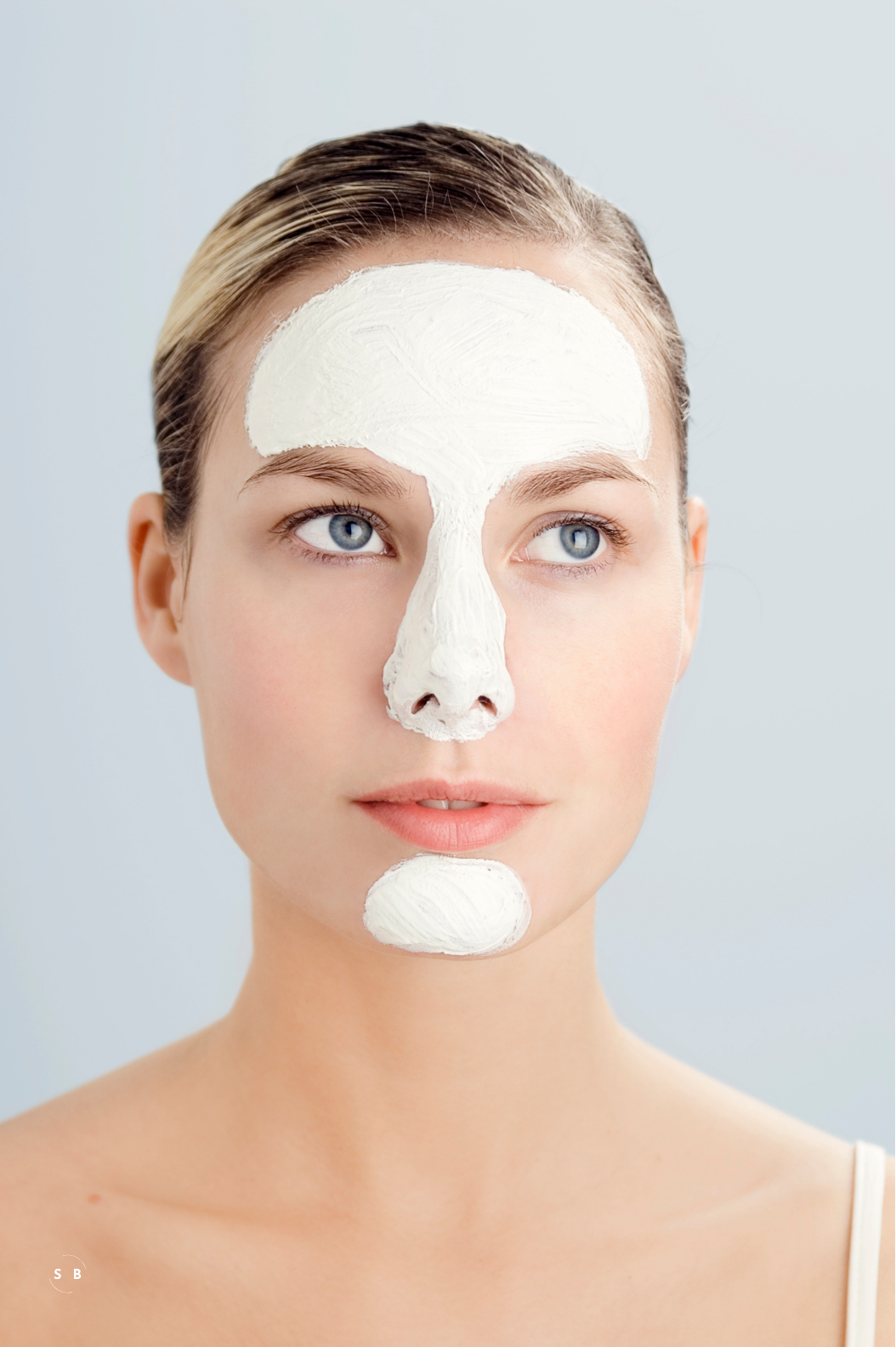
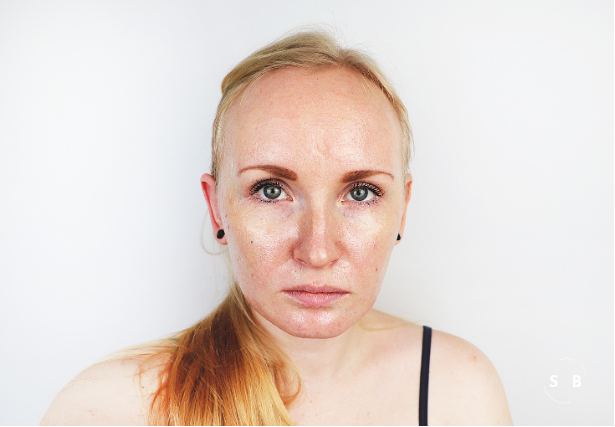
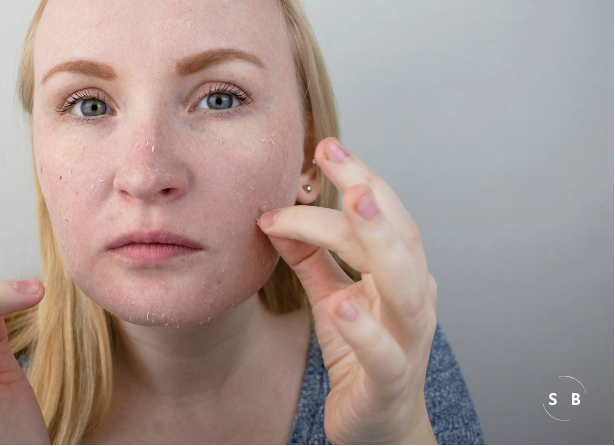
Leave a Reply